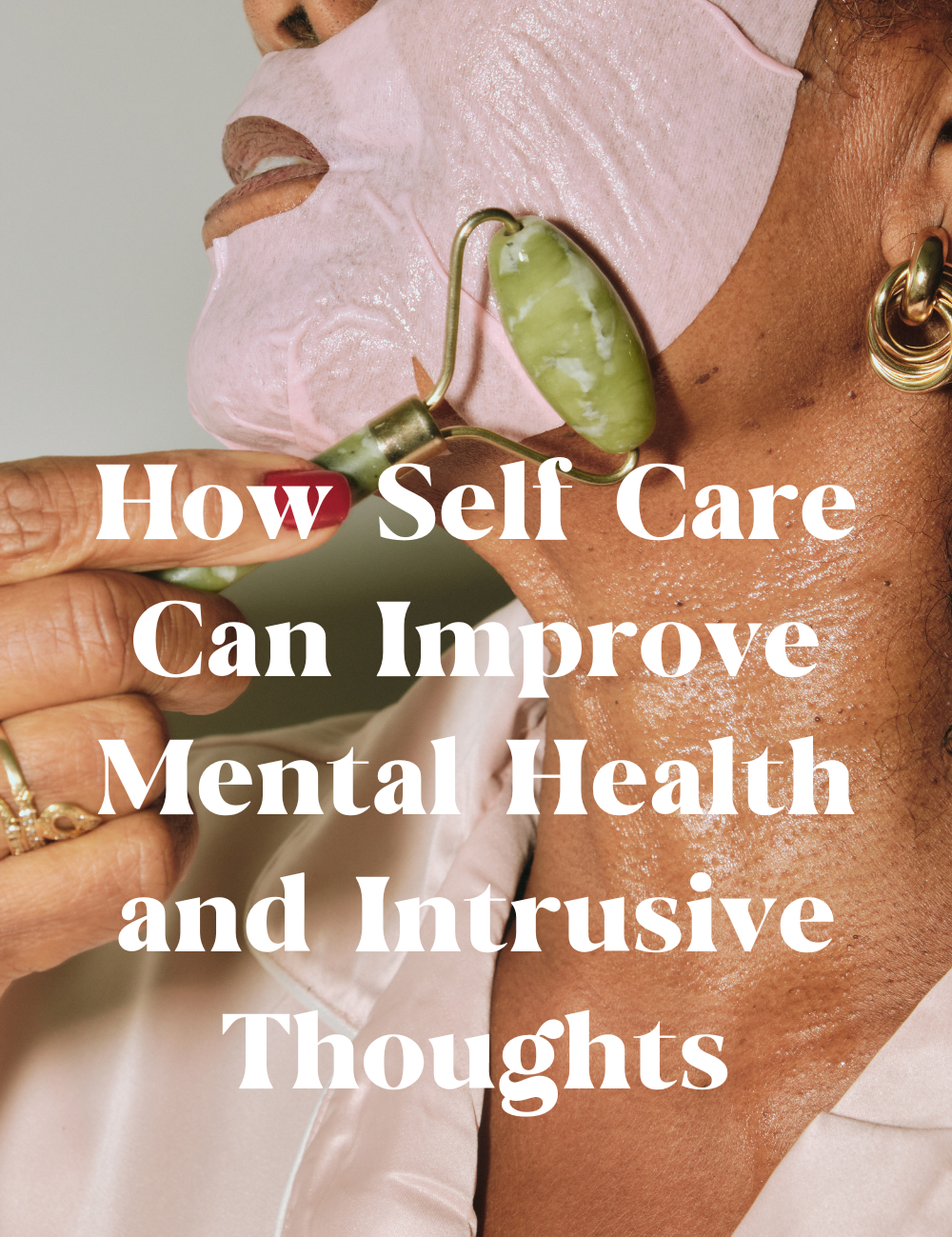In a world where time is our most valuable commodity, it's essential to spend it wisely. However, with hectic schedules and endless to-do lists, it can be easy to get caught up in the hustle and bustle of everyday life.
Sometimes I don’t notice time. My hands chained to a computer screen like breathing. The sun goes up, and back down, and I do it again.
I learned the hard way that we often prioritize tasks that don't matter in the grand scheme of things, leaving us feeling unfulfilled and unsatisfied.
Years ago, I was a workaholic. While I still have the tendencies to overwork, I changed my mindset on time, and a lot of changes organically followed with it.
Over working isn’t just one culperite, but social media, consumption, or an excess of mindless tasks. As an escapism from my job
I asked myself this question: What if I shifted my focus to spending time on what I value most?
Understanding the value of time
Time is the one resource that we can never get back. Being younger, it can be easy to slip into this feeling of immortality. However, having faced loss and health crises since childhood, I’ve always had a heightened sense of its fleeting pace.
Unlike money, relationships or possessions, time is finite. Once it's gone, we can't get it back.
Therefore, it's crucial to understand the value of time and how we choose to spend it.
Every moment we spend on something that doesn't matter to us is a moment we'll never get back.
We need to start thinking about how we're spending our time and whether it's aligned with our values. When we prioritize what matters to us, we're more likely to feel fulfilled, energized, and motivated.
Identifying what you truly value
The first step in spending time on what you value is to identify what that is. Many of us live our lives on autopilot, not taking the time to reflect on what's truly important to us.
To identify what you value, ask yourself the following questions:
- What brings me joy and fulfillment?
- What do I want to achieve in my life?
- What makes me feel energized and motivated?
- What do I want to be remembered for?
I know what you’re thinking. These seem like rudimentary questions. But it’s amazing how often we don’t actually take action on these thoughts, or check in with our answers, as we change often.
Take the time to reflect on these questions and write down your answers. You may be surprised at what you discover. Once you've identified what you truly value, you can start to prioritize your time accordingly.
But that’s easier said than done, right? I remember my life was a jumbled mess before I figured out my own values and workflow. It feels overwhelming, maybe even impossible.
But I’ve learned that instead of starting with all the things you should be doing, you need to take some time to figure out what you shouldn’t be doing.
Common time-wasters
Before we dive into how to prioritize your time, it's essential to understand common time-wasters. These are activities that consume our time without providing any real value or benefit. Some common time-wasters include:
- Social media scrolling that goes from intentional to auto-pilot/escapism
- Watching TV or movies in constant or high quantity
- Procrastination out of fear
- Multitasking instead of deep focus sessions
- Overthinking to the point of inaction
- Distractions that can be controlled by you, but go unchecked.
The impact of time-wasters on your life
When we spend too much time on activities that don't align with our values, it can have a significant impact on our lives. We may feel unfulfilled, drained, and unmotivated.
Time-wasters can also lead to increased stress and anxiety as we struggle to keep up with our responsibilities.
It's essential to recognize when we're spending too much time on activities that don't matter to us and make a conscious effort to shift our focus.
Tips for prioritizing your time
1. Create a schedule
One of the most effective ways to prioritize your time is to create a schedule. Schedule your time around the things that matter to you, including hobbies, relationships, and work-related goals. This will help you ensure that you're spending your time on the things that truly matter.
2. Say no to things that don't matter
Learn to say no to things that don't align with your values. It's okay to decline invitations or opportunities that don't resonate with you. Saying no will free up your time and energy for the things that do matter.
3. Setting goals to align with your values
Once you've identified what you value and how you want to spend your time, it's time to set goals. Goals are essential because they provide direction and motivation. When we set goals that align with our values, we're more likely to achieve them.
When setting goals, make sure they're specific, measurable, achievable, relevant, and time-bound. This will help ensure that you're setting goals that are aligned with your values and that you can achieve them.
Strategies for staying on track with your priorities
Staying on track with your priorities can be challenging, especially when there are so many distractions in our daily lives. Here are some strategies to help you stay focused:
1. Use time-blocking
Time-blocking is the practice of scheduling your day in blocks of time. This helps you stay focused on specific tasks and ensures that you're spending your time on the things that matter.
2. Set reminders
Use reminders to help you stay on track with your priorities. Set reminders on your phone or computer to remind you to take breaks, focus on specific tasks, or prioritize your time.
3. Create accountability
Find an accountability partner or join a community that shares your values. This will help keep you motivated and on track with your priorities.
The benefits of spending time on what you value
When we prioritize what matters to us, we're more likely to feel fulfilled, motivated, and energized.
We're also more likely to achieve our goals and feel a sense of purpose in our lives.
The key is to stay true to your values and remember that you're in control of how you spend your time. Learn to say no to things that don't align with your values, and don't be afraid to set boundaries.
Remember to set goals, stay focused, and don't be afraid to say no to things that don't matter. With these strategies, you can start living a life that's fulfilling and purposeful.
Written by Sarah Edwards. Want to get to know me? Say hi! https://liinks.co/setapartcompany
This article was originally posted for Set Apart Magazine at www.setapartcompany.com
Disclaimer: Sarah Edwards is not a certified or licensed mental health professional. Rather someone sharing real life experience and findings for others to find commonality and seek actionable steps needed for them.







